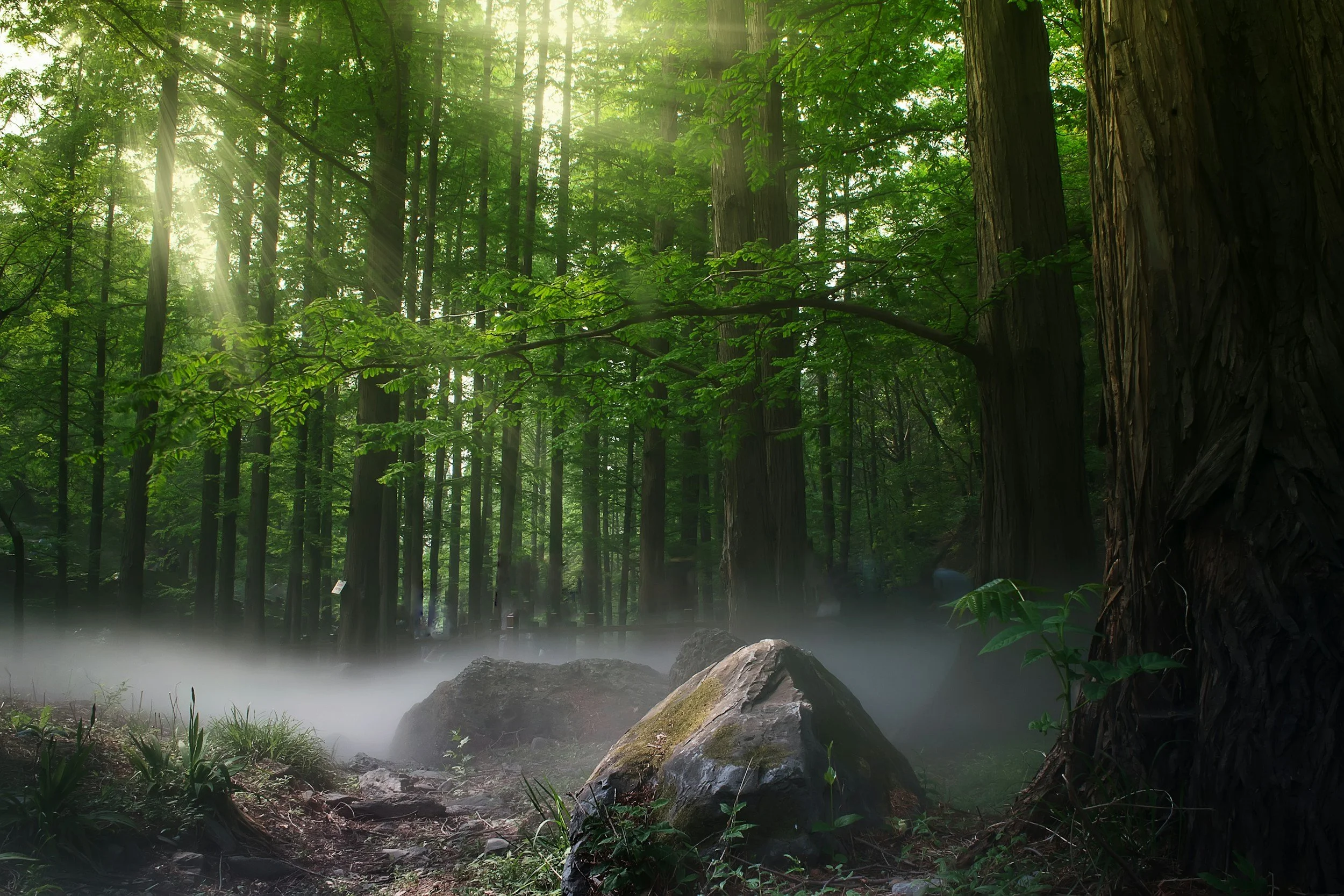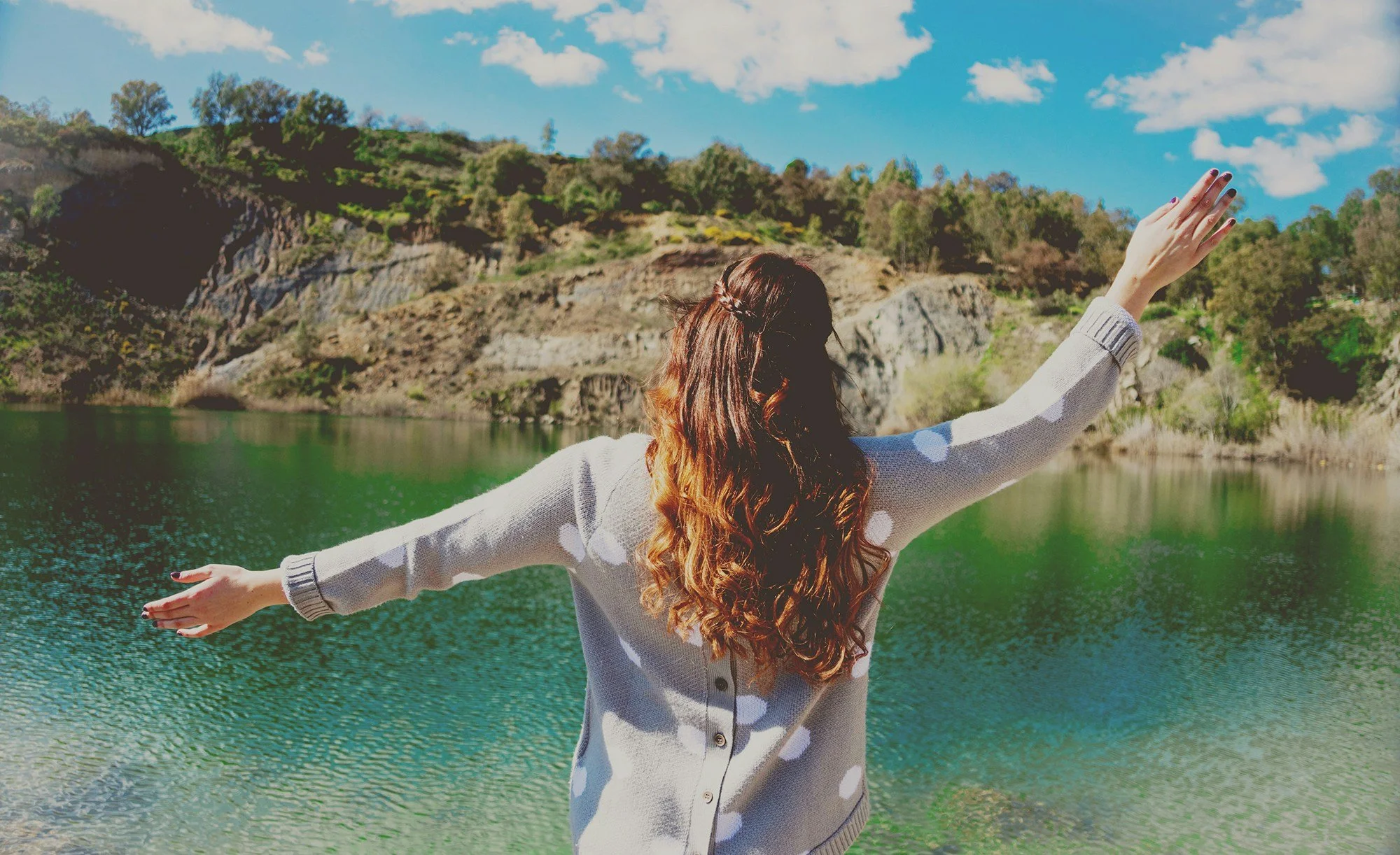The Forest is Calling
Forest bathing is a nature immersion therapy that has been shown to improve emotional wellbeing and alleviate anxiety. Nature immersion experiences are hands-on, experiential, and learning-based, with a focus on connecting, reforming, and rebuilding relationships to self and the larger environment. Research has shown that nature-based education can support children with health disparities, and found nature contact to increase emotional wellbeing (Sprague et al., 2022). Research on Psycho Evolutionary Stress Reduction Theory proposes that the natural environments influence anxiety by easing symptoms and fostering positive emotions and feelings that have a restorative effect. Berto (2014) suggests that “natural environments elicit greater calming responses than urban environments, and exposure to natural scenes mediates negative mood state and enhances positive emotions” (p. 394).
Forest bathing has been associated with influencing emotional temperament. Similarly to the effects of human-to-human nervous system regulation, biodiverse natural environments may have similar abilities. Research showed forest bathing for two hours to significantly enhance participant’s emotional state, attitude, feelings, physical and psychological recovery, and adaptive behaviors (Wen et al., 2019). The forest can support us. I hope you hear the wild calling.
Nature Immersion Opportunities
Relating to Self and Others- emotional coping skills, grounding, belonging
Coping Skills- emotional regulation, emotional intelligence, reduced anxiety (fear and worry)
Empowerment
Teaches personal and social responsibility
Relational skills
Relating to Nature
Practicing gratitude
Finding comfort in natural environments for nervous system support
Thinking about what it means to care for natural ecosystems and resources
Exploring emotional relationship to other animals, plants, fungi, and elements
Relating to Science
Critical thinking- system thinking
Broadened perspectives
Learn new histories
Curiosity- asking questions
Specific content- including regional knowledge and indigenous science
Capacity to apply scientific practices- proper time in growing cycle, and harvest technique for the health of specific plants

